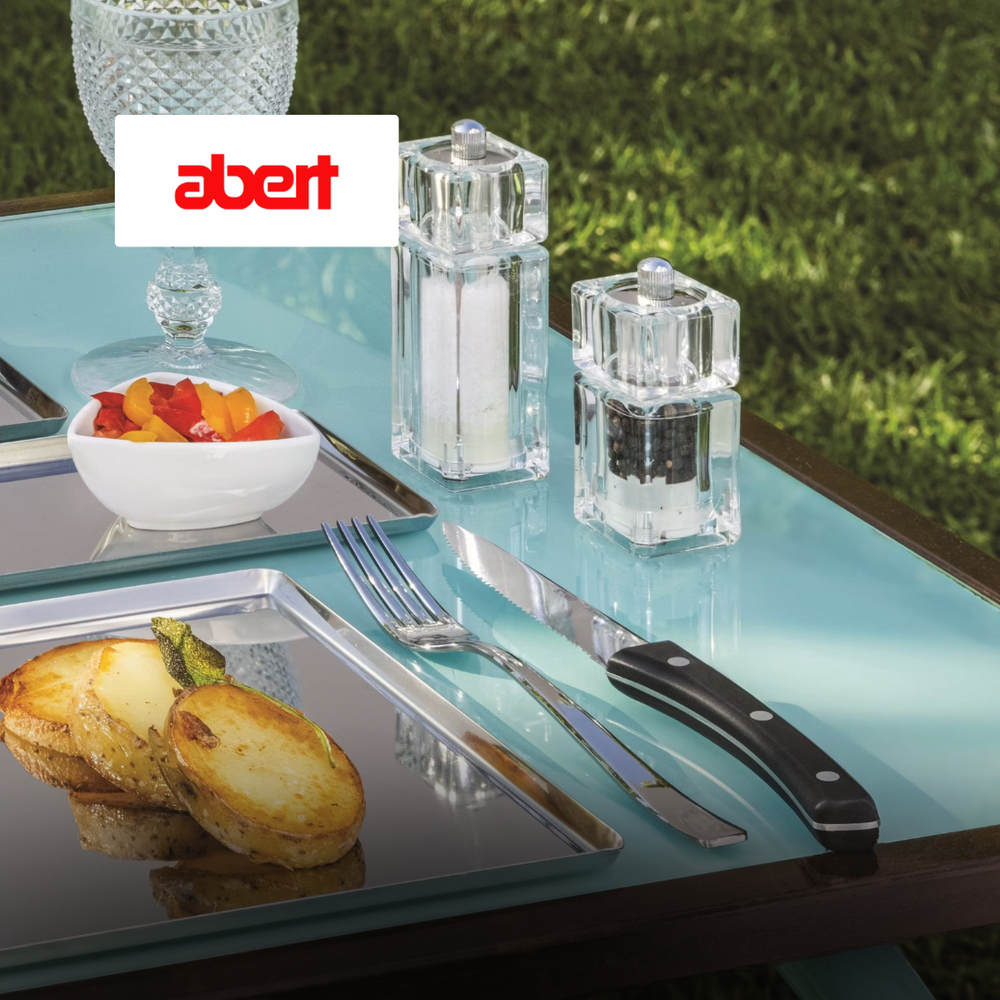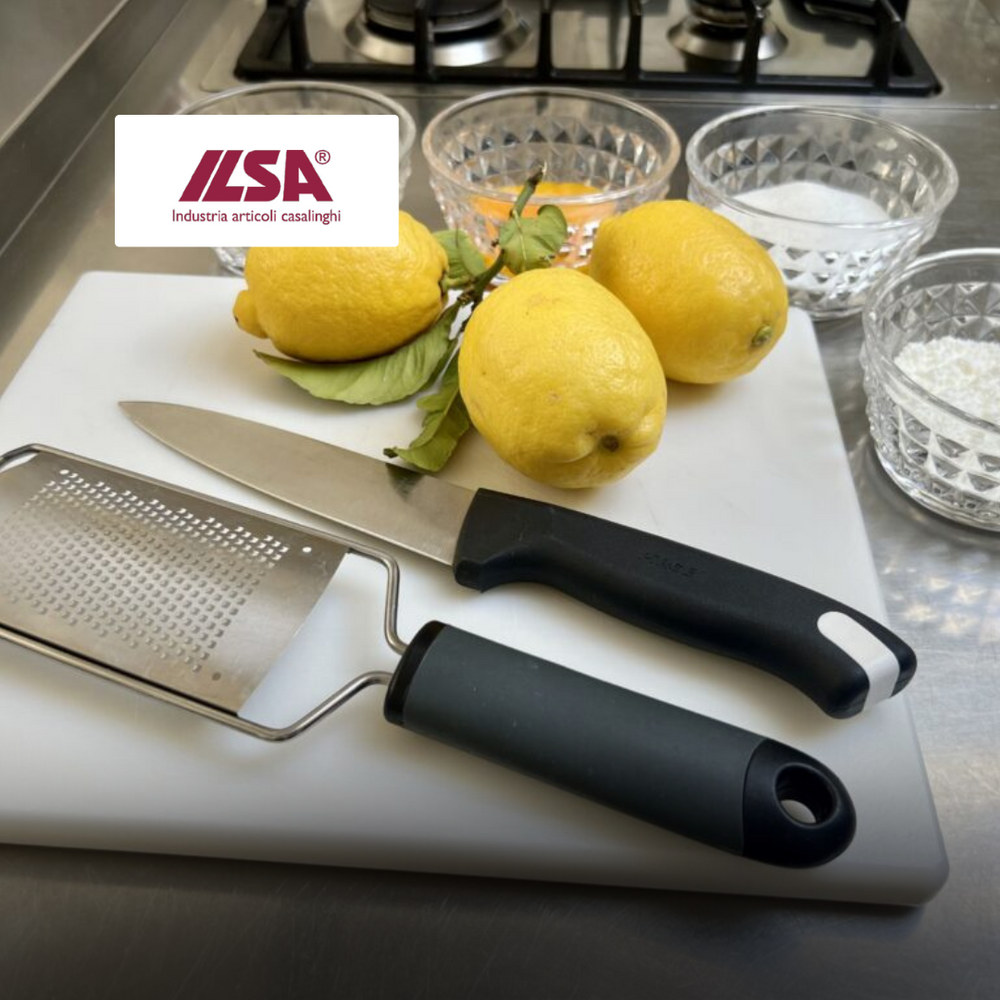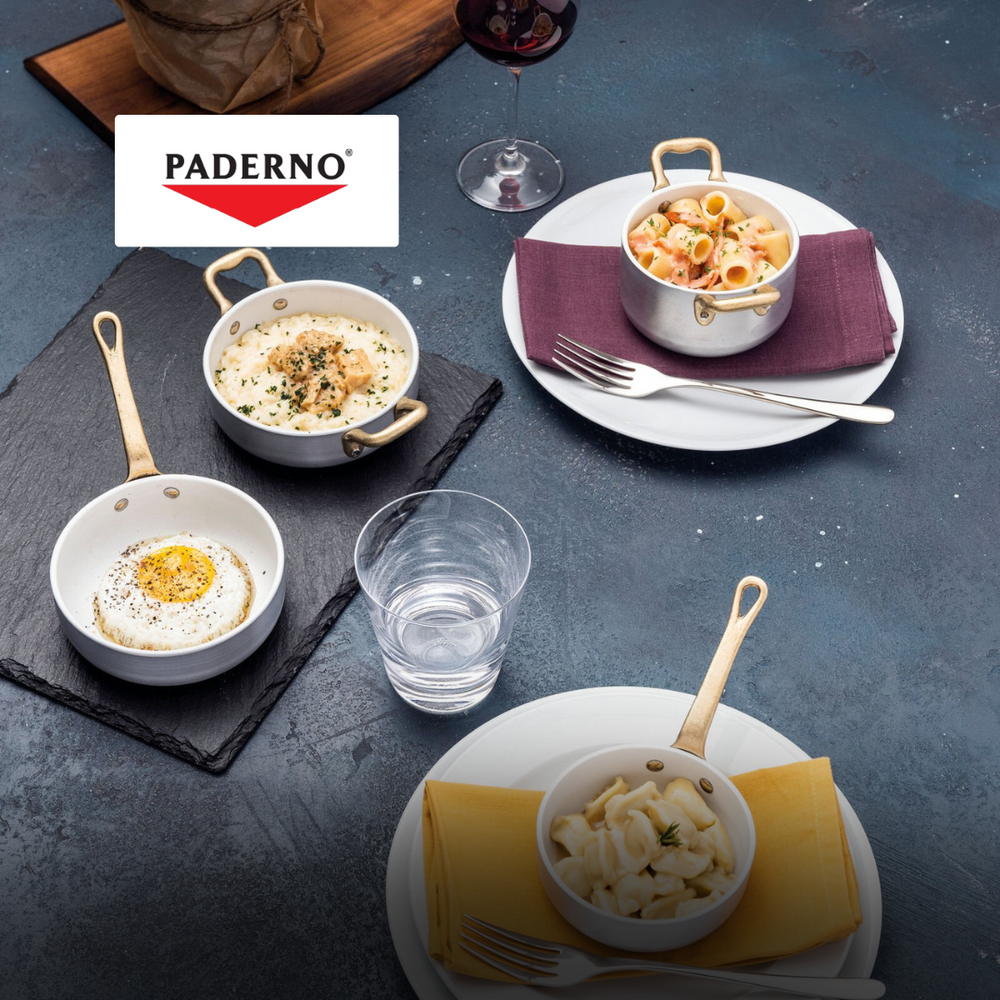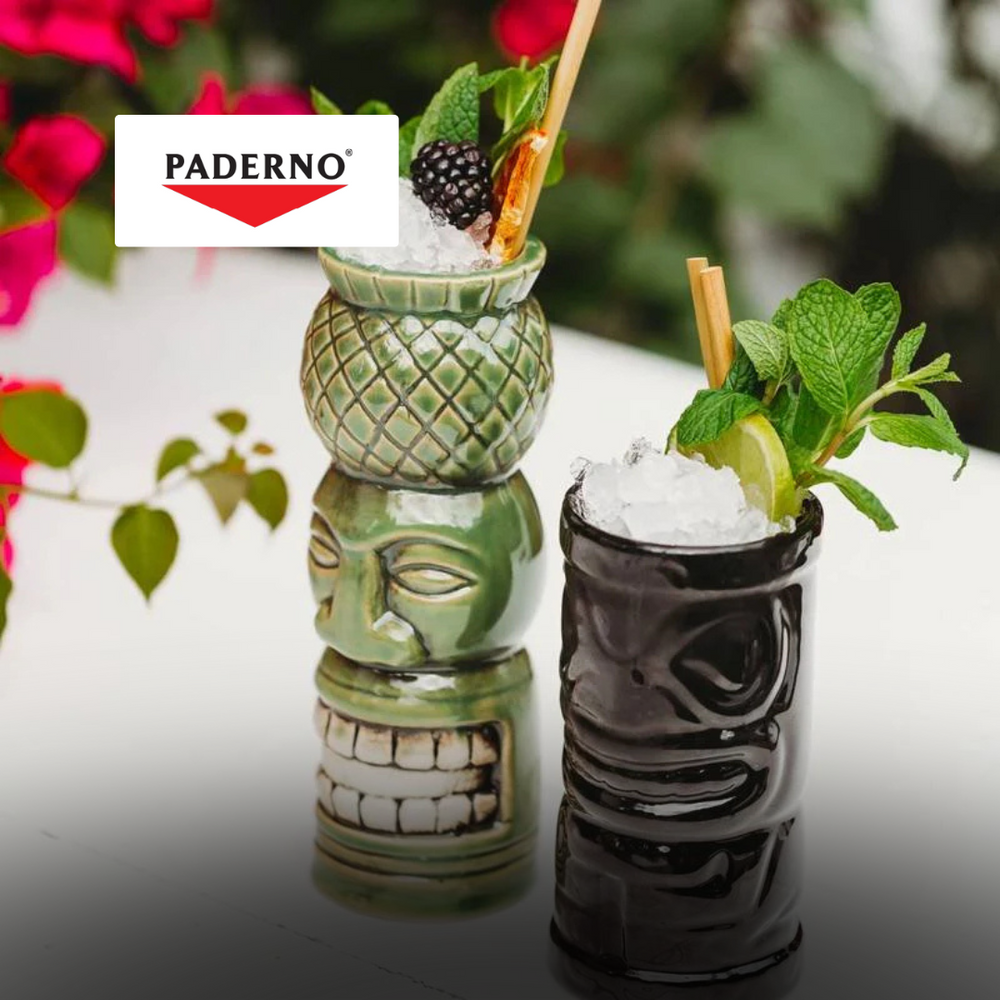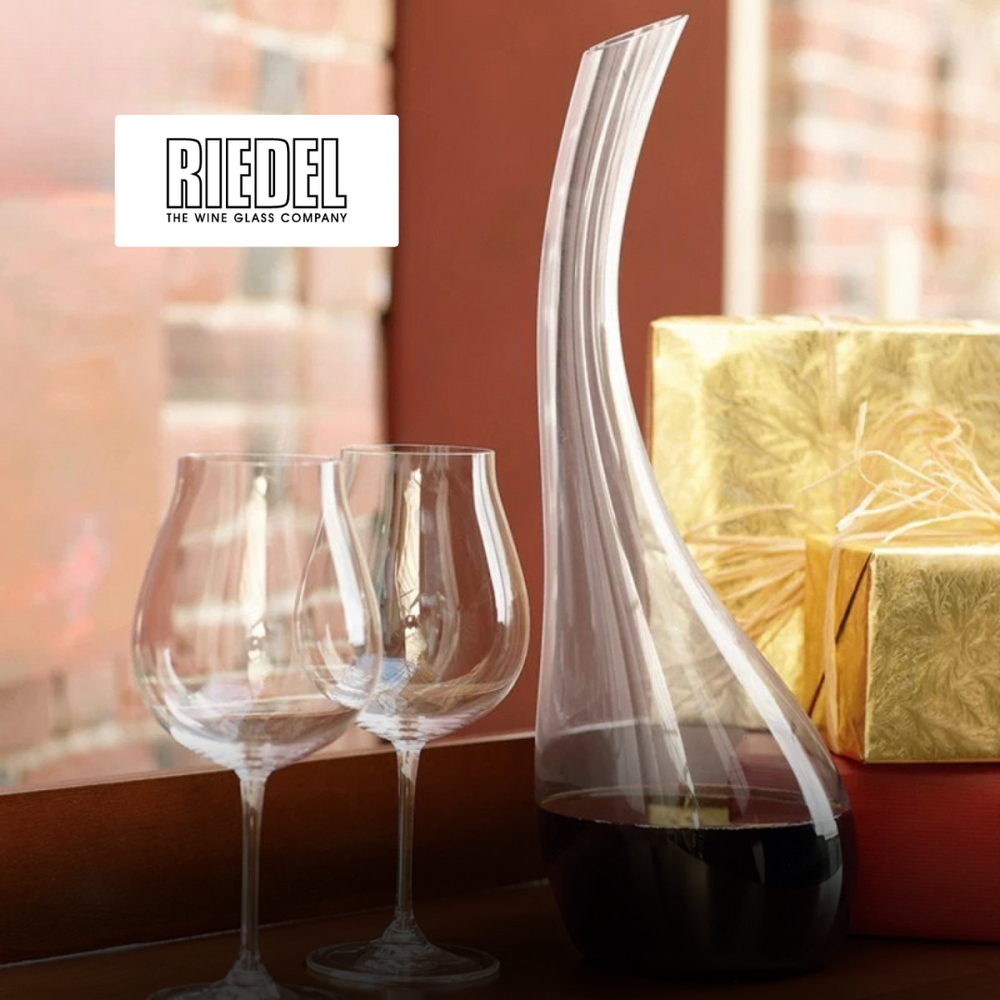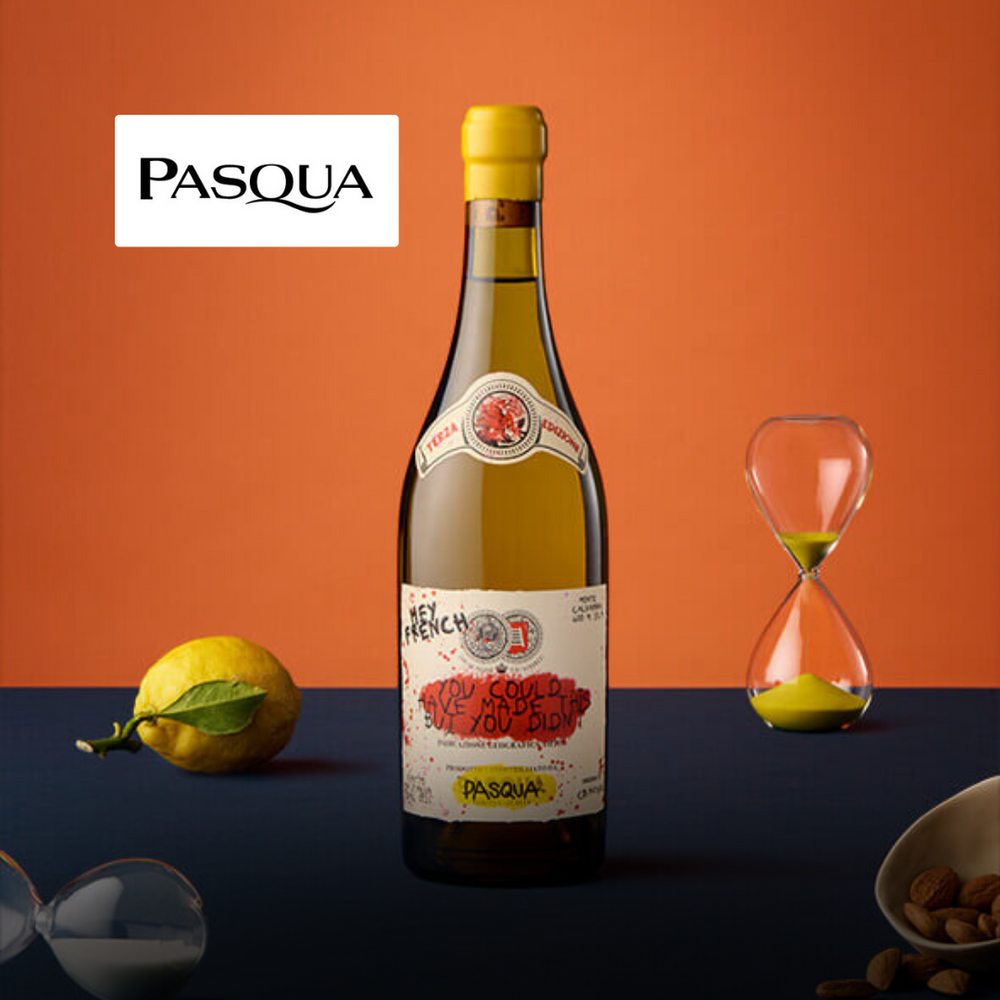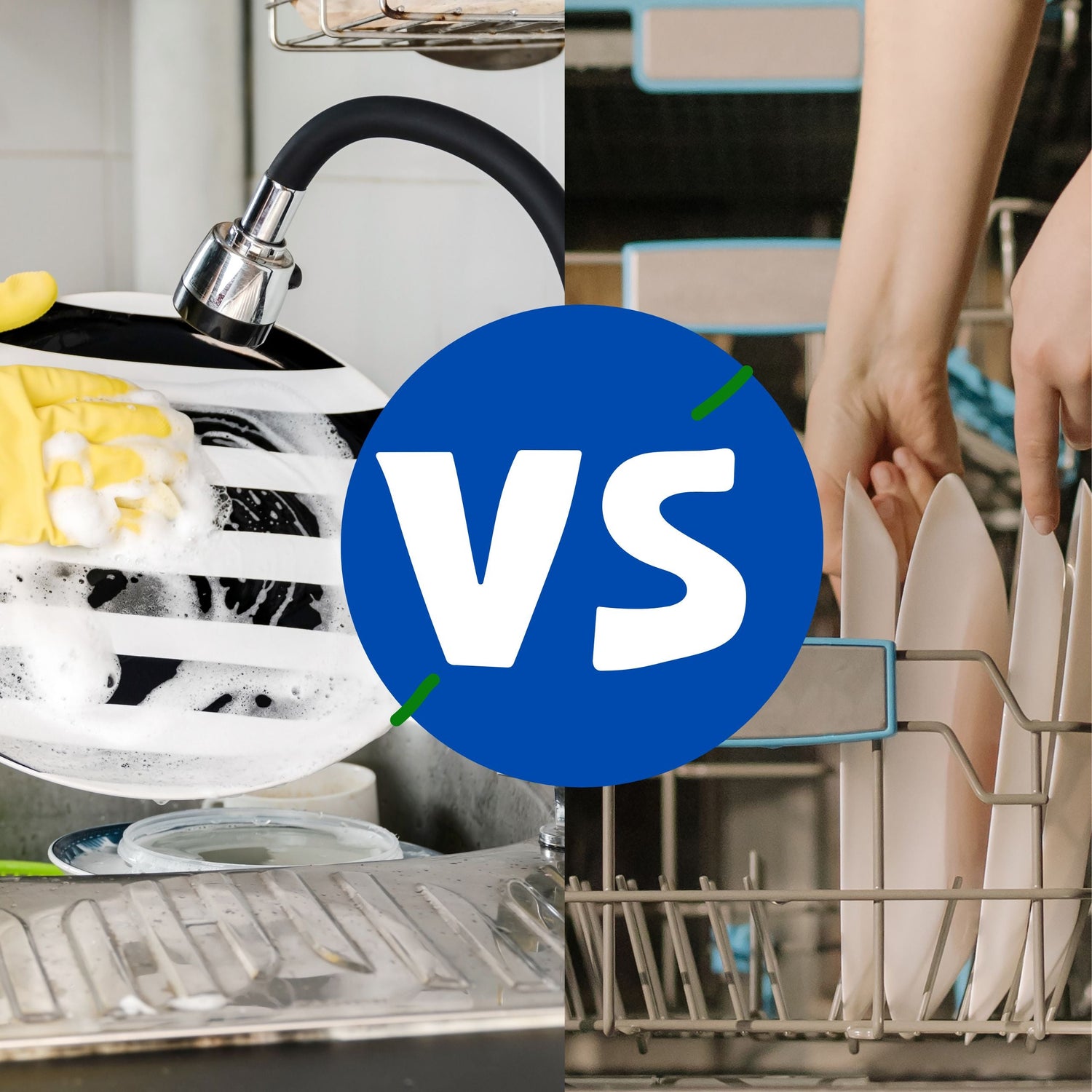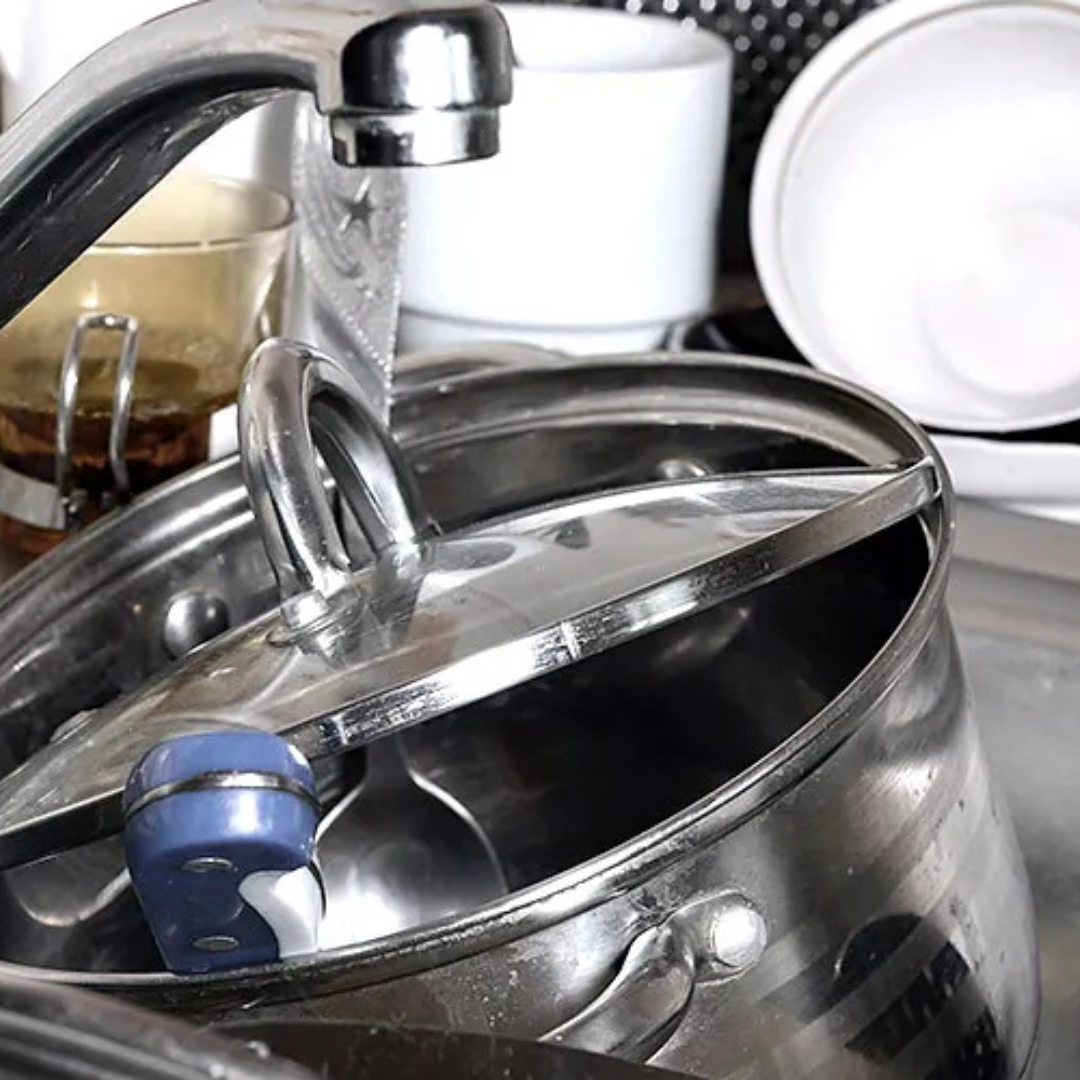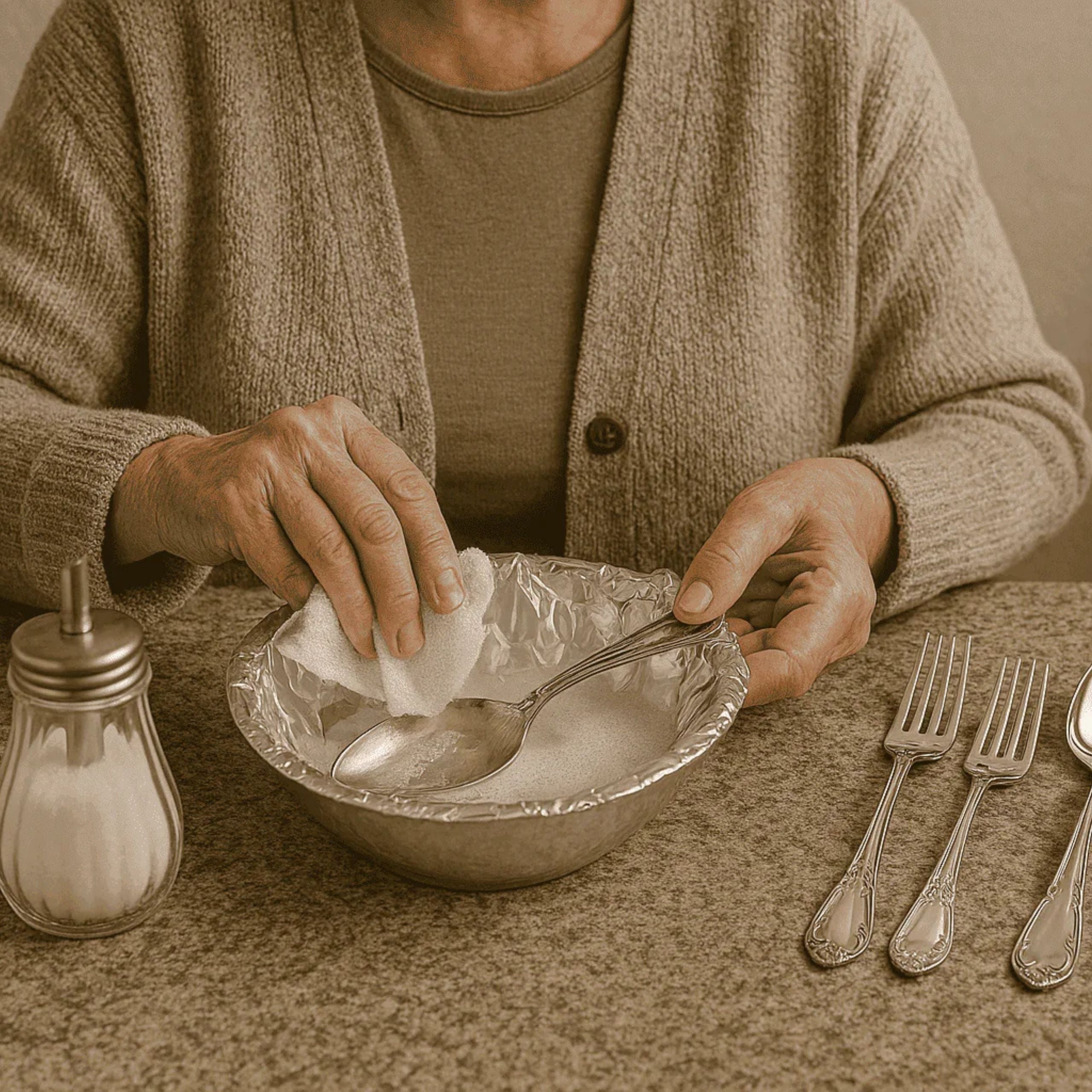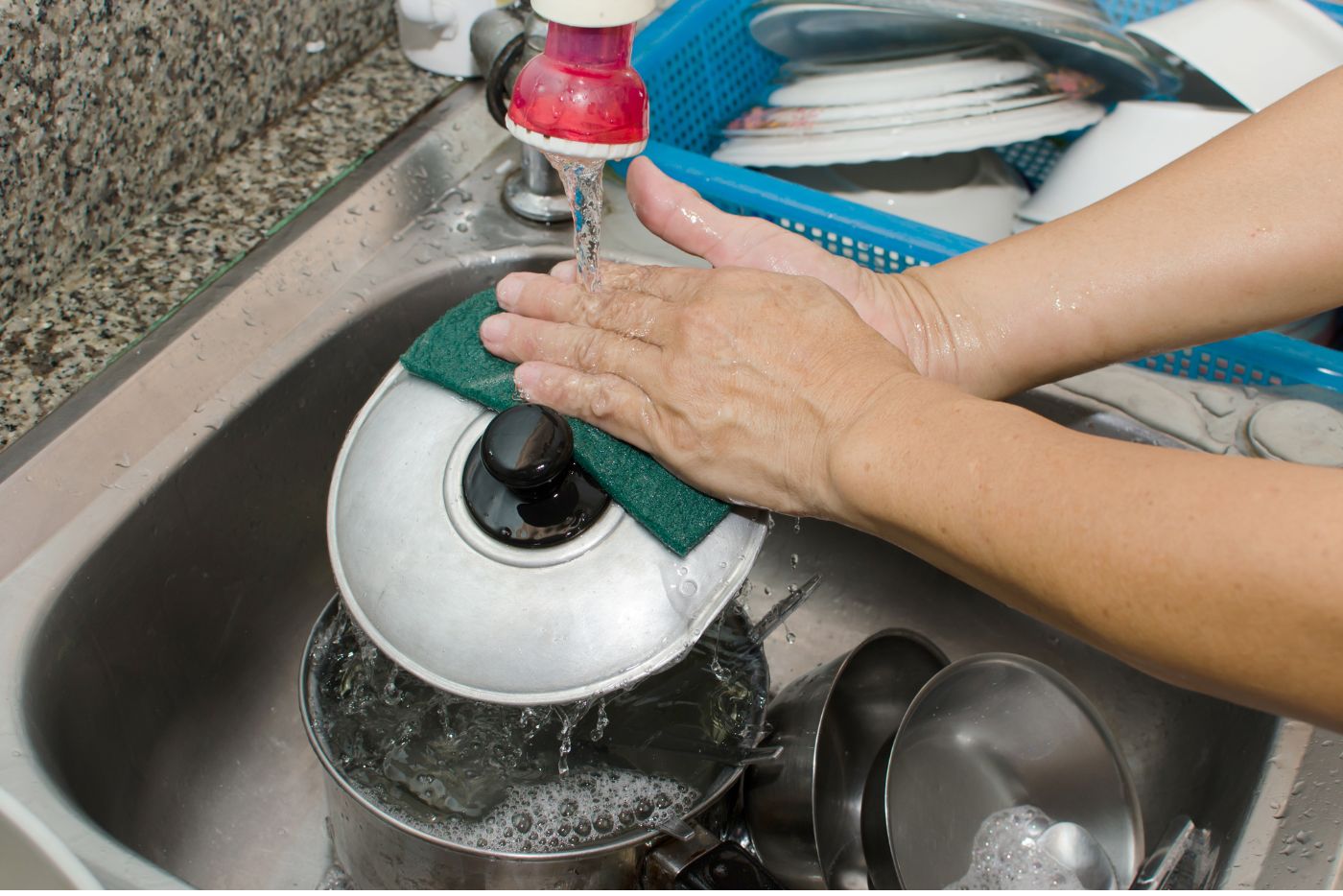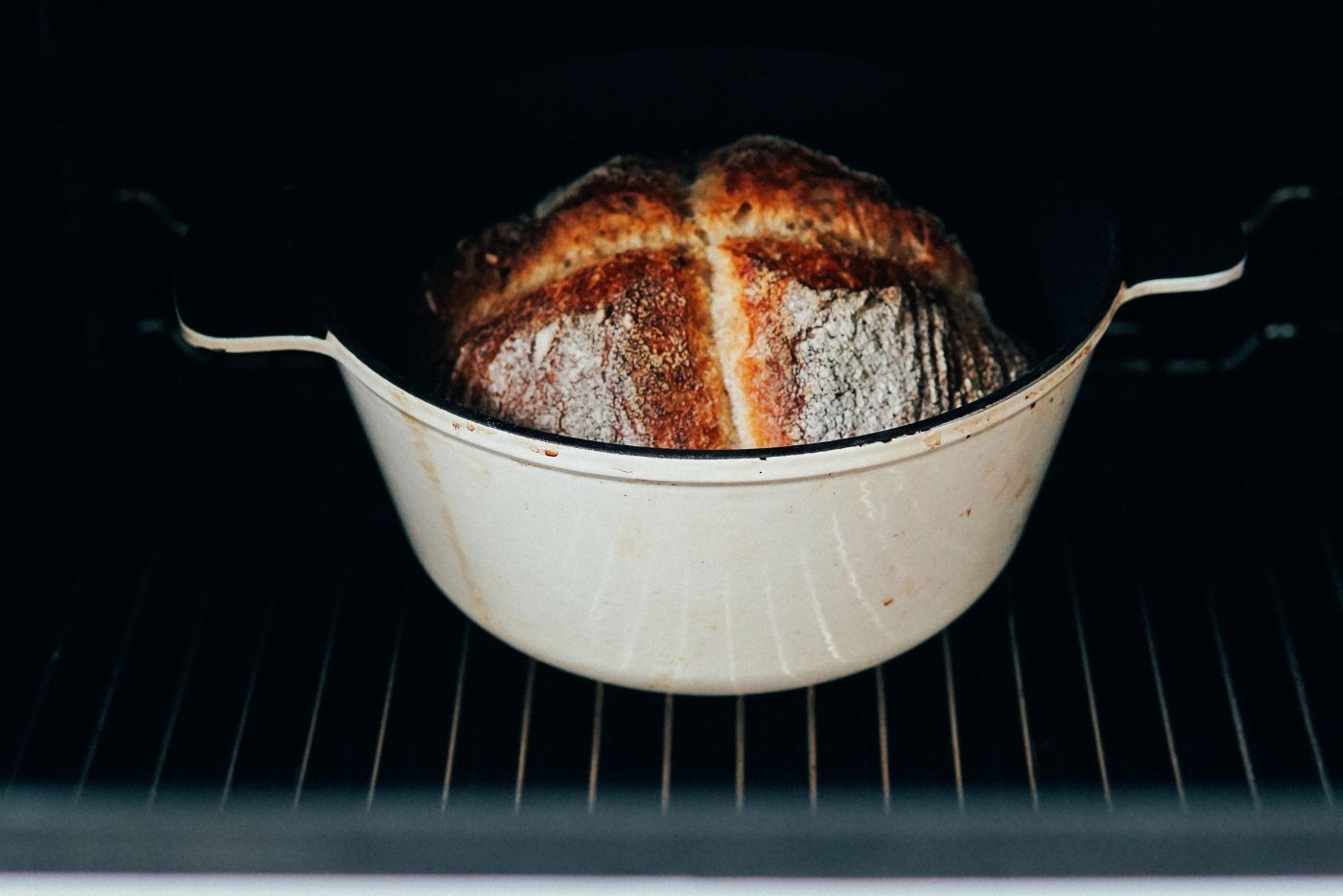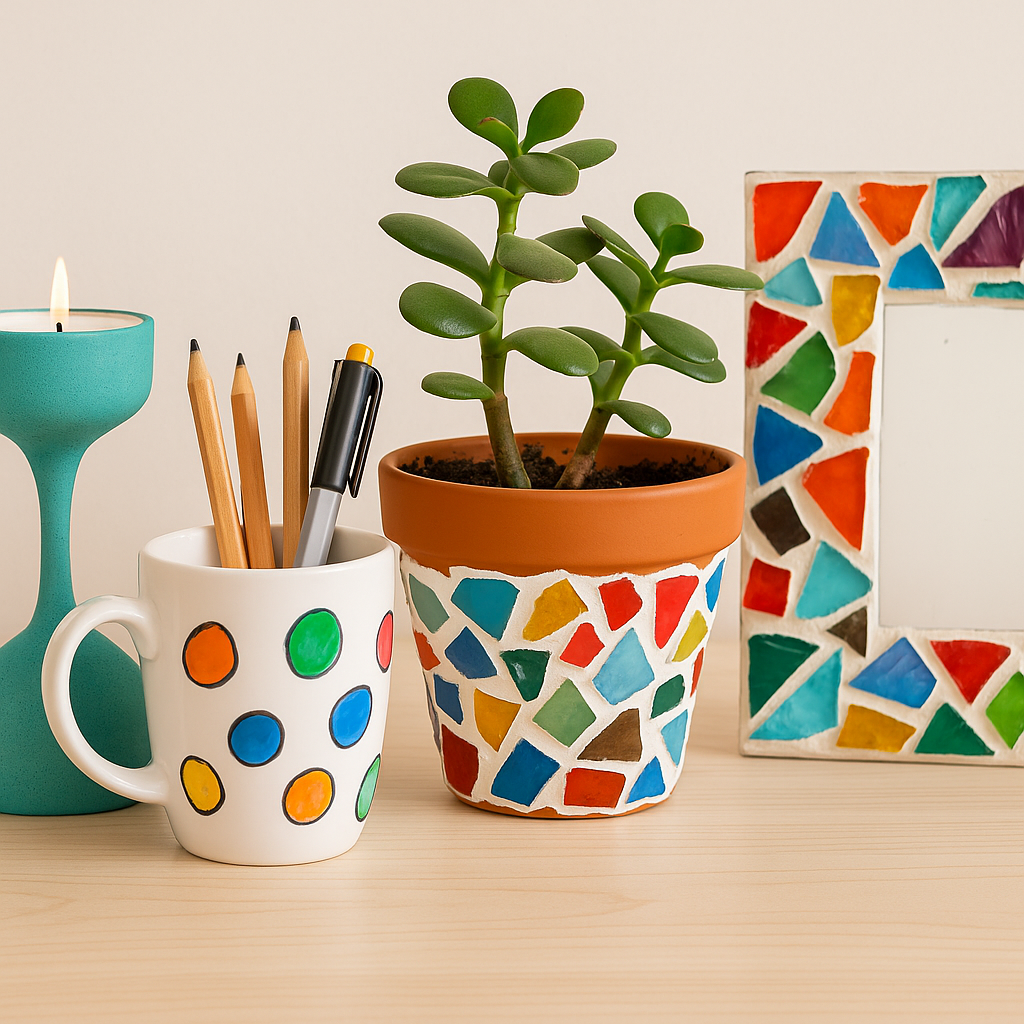Dishes in the Dishwasher: Which Ones Are Safe and Which Are Not? A Practical Guide
The dishwasher, while an incredibly useful appliance that saves us significant time in everyday kitchen tasks like cleaning dishes and cookware, is not always suitable for every type of dinnerware set especially delicate ones that require gentle, manual care.
In this article, we’ll explore which dishes can safely go in the dishwasher and which ones should be washed by hand. We’ll also take a closer look at the economic and environmental benefits of using this modern household helper.

Is Using a Dishwasher Really Worth It?
Some people still see the dishwasher as a non-essential appliance that increases water and energy consumption. However, this perception often comes from those who have never owned one and are unaware of its real efficiency and potential savings.
In reality, a dishwasher saves both time and resources. You simply load your plates, cutlery, pots, and glasses as long as they’re free of food residue and the machine handles everything else. Unlike hand washing, there’s no need to rinse or dry: it’s all done automatically.
That means no more scrubbing, rinsing, or drying by hand the dishwasher takes care of it all, giving you more time for yourself.
Energy and Water Savings: The Numbers Speak for Themselves
When it comes to consumption, using a dishwasher offers major benefits for both your wallet and the environment.
A study by the University of Bonn found that dishwashers are far more water-efficient than hand washing. To clean 12 place settings by hand roughly what you’d use for a dinner with 12 guests you’d need over 100 liters of water. A high-efficiency dishwasher, on the other hand, uses just 70 liters for the same job.
As for electricity, a modern, energy-efficient dishwasher uses about 1.5 kWh per cycle, or as little as 0.7 kWh for short or low-temperature programs. Most of the energy consumption happens during the water-heating phase.

Why Some Dishes Shouldn’t Go in the Dishwasher
Certain materials simply aren’t made to withstand the high heat of a dishwasher. The temperature, combined with strong detergents, can cause warping, fading, or permanent damage.
If you’re using crystal, wood, ivory, or mother-of-pearl tableware, always wash them by hand. High temperatures can dull crystal, warp wooden items, or damage decorative finishes and delicate materials.

This is because dishwasher detergents contain compounds such as rinse aids and brighteners, which when combined with high heat can harm fine glassware, silverware, or heirloom pieces with sentimental value.
Which Dishes Are Dishwasher-Safe?
Fortunately, many modern dinnerware sets are now designed to withstand dishwashing without compromising their look or durability.
For example, Churchill Vintage Prints Grey Rose Chinitz plates, though decorated with refined vintage-inspired patterns, are made from high-quality porcelain using advanced technology. This ensures resistance to impact, scratches, and the high temperatures of dishwasher cycles without losing their aesthetic charm.
For everyday use, a simple white porcelain dinner set like the Costa Verde Saturno line is ideal. Its deep plates are perfect for serving soups, risottos, and pasta dishes, and the durable porcelain ensures long-lasting shine even after frequent washing.

Most dishes have a dishwasher-safe symbol on the back. Always check this before buying or washing your dinnerware. Choosing dishwasher-compatible sets saves time and helps keep your plates bright and spotless for years to come.
Discover our full range of dishwasher-safe dinner sets.




